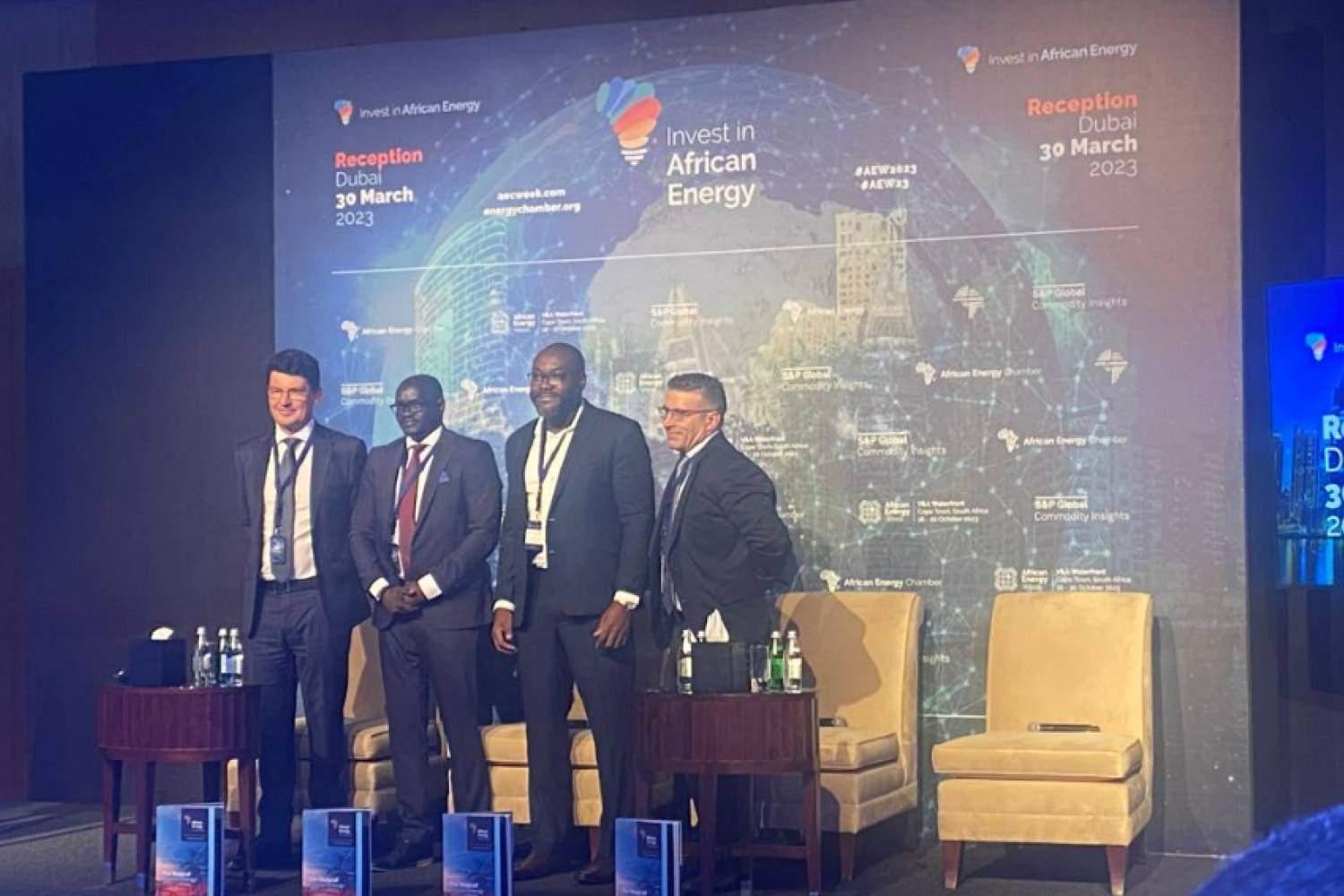By Ben Eguzozie
-
26 drilling campaigns, rigs expected in 2023
-
Mature producers Angola, Nigeria, South Sudan to dominate continent’s offshore drilling market
Africa unpacked its huge upstream opportunities at the Invest in African Energy reception in Dubai, where it also addressed how the continent’s governments can attract greater exploration capital. The event is part of the African Energy Chamber’s Invest in African Energy reception in Dubai – representing the fourth stop on the Chamber’s global investment tour.
A panel discussion held to unpack the latest developments, trends and opportunities within the continent’s shifting exploration and production (E&P) landscape, indicated that Africa is home to sizable oil and gas reserves and yet some billions of the least explored basins globally, with exploration hotspots cropping up across southern, eastern and western regions. Sizeable hydrocarbon discoveries offshore Angola, Ivory Coast and Namibia in 2022 alone – coupled with proactive regulatory reforms – provide the continent with unparalleled opportunities for upstream growth and development.
Under the theme, “Africa’s Advantage: Taking Advantage of Africa’s Upstream Opportunities,” panellists included O.A. Danquah, CEO of Ghana National Petroleum Corporation (GNPC), Bernard Amuor Makeny, CEO of NilePet, and Matthew Rawlings, vice president of upstream consulting for S&P Global Commodity Insights, with Geoffrey Warr, consulting sales director responsible for Europe, Middle East and Africa for S&P Global Commodity Insights, serving as moderator.

“Two-thirds of oil resources are exported out of Africa. As governments, we need to be able to come together and ensure that our resources are being used for African development. Our strategic advantage is that we have a lot of supply and a lot of potential demand, so our resources can never be locked,” Danquah, CEO of GNPC, said.
At least 26 drilling campaigns and rigs are expected in Africa in 2023, cementing the continent’s upstream revival. Southern Africa alone will see additional exploration activities in Zimbabwe’s Muzarabani prospect from Invictus Energy, drilling in offshore Block 2B in South Africa by Eco (Atlantic) Oil & Gas, and frontier exploration in Namibia’s Kavango Basin led by ReconAfrica.
Mature petroleum producers like Angola, Nigeria and South Sudan are expected to dominate the continent’s offshore drilling market, while prioritising shorter-cycle development projects that utilise existing infrastructure and create synergies with regional markets.
Shorter-cycle projects can bring a discovery into production in as little as one to three years, as well as offer lower risk, higher potential for commercial production and heightened flexibility within exploration portfolios, the panellists indicated.
According to Bernard Makeny, CEO of NilePet, South Sudan is almost the third-largest oil producer in Africa. He said the advantage they are trying to take now, given the current crisis in Ukraine, is to maximise African participation in the upstream business.
“Our daily production is around 160,000–170,000 barrels per day (bpd). Kenya is not producing yet. Uganda is not producing yet. The question then becomes: how do I engage my neighbours to benefit from the products that come out of South Sudan?” He asked.
One key to attracting exploration capital will be re-evaluating the terms and conditions of E&P contracts and other fiscal and regulatory amendments. According to the panel, African governments must play their part in creating attractive programmes for exploration and production and establishing mechanisms for raising capital.
“Most of the funds that come into Africa are from the Global North and Asia,” said O. A. Danqua. “At least 85% of funds invested in oil and gas come from outside of Africa. So, there is a clear perception that African governments are not putting their money into Africa. We need investment, yet external investment is slowing down to ESG requirements and the energy transition.”








New crude, old questions: Can oil reform deliver fiscal transparency?